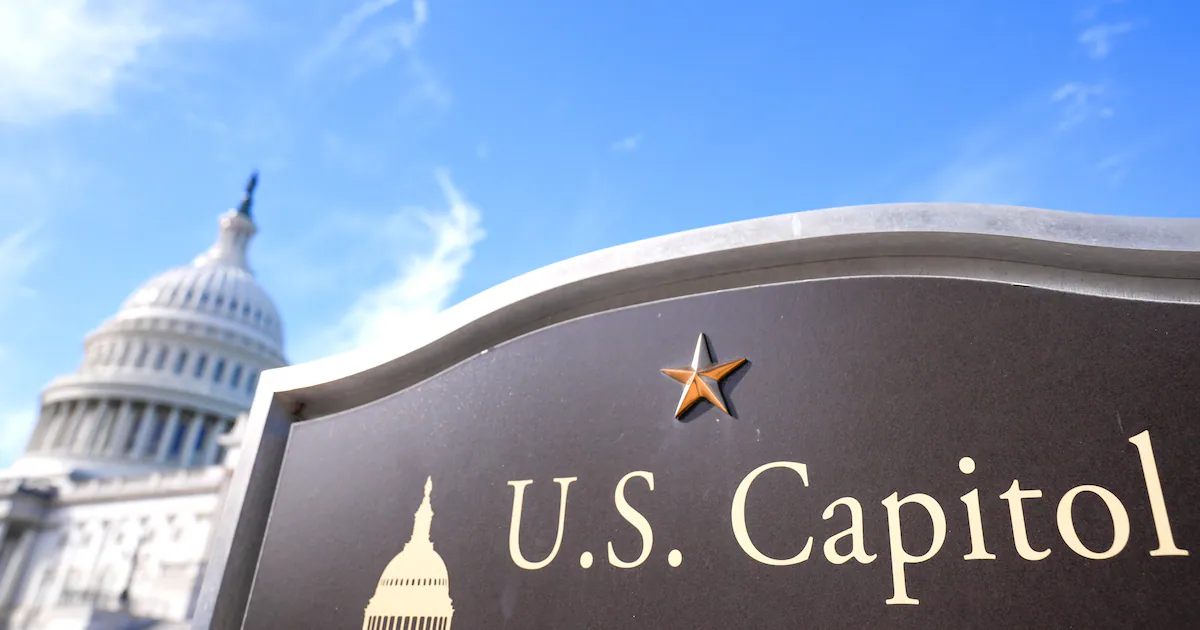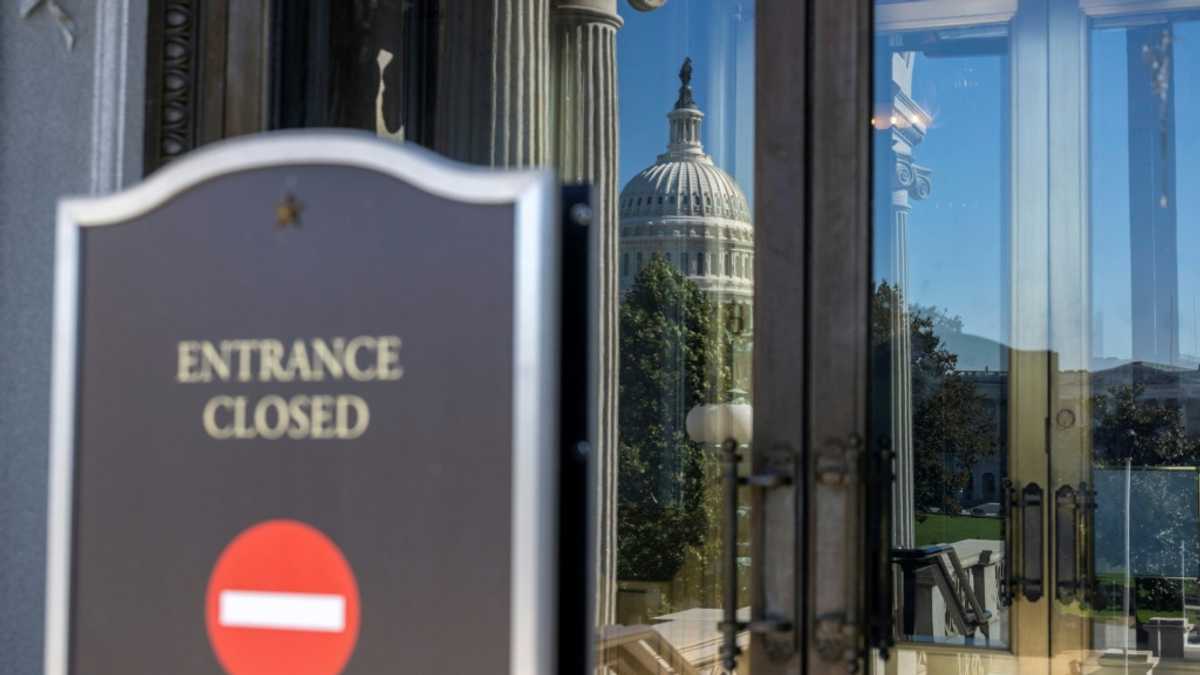Copyright manchestereveningnews

Hospices in Greater Manchester must raise tens of thousands every single day in order to stay open, a regional health chief has warned. It comes as a new report accused the government of a 'lack of clarity' over how reliant they are on hospices, and the impact of their current funding for the sector. Hospices are charities that provide palliative and end-of-life services across the UK. They obtain funding through a mix of NHS contracts and their own fundraising. However nearly two thirds of adults hospices reported a financial deficit in 2023-2024, with some already having had to cut beds and staff numbers. With demand for hospice care projected to rise, there has been a stark warning that funding pressures are becoming 'unsustainable.' Join the Manchester Evening News WhatsApp group HERE A new report from the National Audit Office (NAO), made public today (Wednesday, October 29), claims that the government 'does not fully understand' how much funding is required to cover the care being provided. Funding from NHS Intergrated Care Boards (ICBs) met 40 percent of adult hospices' expendtiure in the 2023-2024 period. However the report says that 'a lack of central oversight from DHSC means it is unclear what this fundingis specifically used for, or whether it is sufficient to maintain the sector’s future withoutmore services having to be delivered by the NHS to meet increasing demand.' "The way they provide funding to hospices makes it difficult to determine the level of activity delivered and limited financial and activity data are available" the report adds. Hospices spent £78 million more than the income they generated in 23-24 period. The Manchester Evening News has learned that the Wigan and Leigh Hospice needs £12,000 a day to run its facilities. Wigan has a population of 333,000 and the Hospice costs £4.5m every year to run. It has survived the last two years thanks to people leaving legacies of £650,000 in 2023 and £350,000 in 2024. It is expected greater numbers of older people will chose to spend the end of their lives under the care moving forward and the government have been urged to help put hospices on a 'sustainable' long-term footing. Dr Leigh Vallance, Chief Executive of the Bolton Hospice and Chair of the Greater Manchester Hospices Provider Collaborative, which represents hospices in the region, said: “We welcome the clarity this report brings to the unsustainable financial position hospices find themselves in. “Every day hospices in Greater Manchester must raise tens of thousands of pounds from their local communities just to keep their services running. "As the report says, the demand for these services is only set to increase in the coming years, and we can’t expect these costs to be met solely by supporters, who already do so much for their local hospice. “Hospices reduce the cost burden on the NHS , so we need the Government to find a fairer funding model before it’s too late. "The one-off funding we have already received this year has been a help, but it is long-term, sustainable funding that is needed if we are to continue to deliver the hospice services our communities need. “Fundamentally, if the NHS can’t address a win/win situation in its commissioning of hospice services, then what does that say?” Toby Porter, CEO of Hospice UK, which supports the sector, said: “We welcome this important report, which lays bare the inconsistency and insufficiency in how hospices are funded. “Palliative and end of life care is not prioritised across England. This report shows how a historic lack of understanding from a national to local level about the care delivered by hospices means they are currently not funded fairly, and it is patients that are paying the price. “Demand for end of life care is increasing, yet two in five hospices are already being forced to cut services – a direct result of a system that treats palliative and end of life care as the poor relation in the health system. “We know the Government is committed to finding a long-term solution and we stand ready to work with them. We're calling for full funding of specialist palliative care provided by hospices, proper NHS contracts for hospices, funding to cover the cost of NHS pay rises for hospice staff, and national accountability for equitable access to palliative care. “These changes would stem the wave of cutbacks to hospice services and ensure that no one misses out on the expert, compassionate care they deserve at the end of life.” There were several large payments to help increase hospice capacity during the Covid pandemic and of £100 million of capital funding has also been released since then. A Department of Health and Social Care spokesperson said: “Hospices do incredible work to support people and families when they need it most, and we recognise the incredibly tough pressures they are facing. “The NAO report covers a period under the previous administration. Since then, we’ve made the biggest investment in a generation - £100 million – to improve hospice facilities and have committed to £80 million for children’s and young people’s hospices over three years. “We recognise there is more to do, and we are exploring how we can improve the access, quality and sustainability of all-age palliative care and end of life care in line with the 10-Year Health Plan.”



